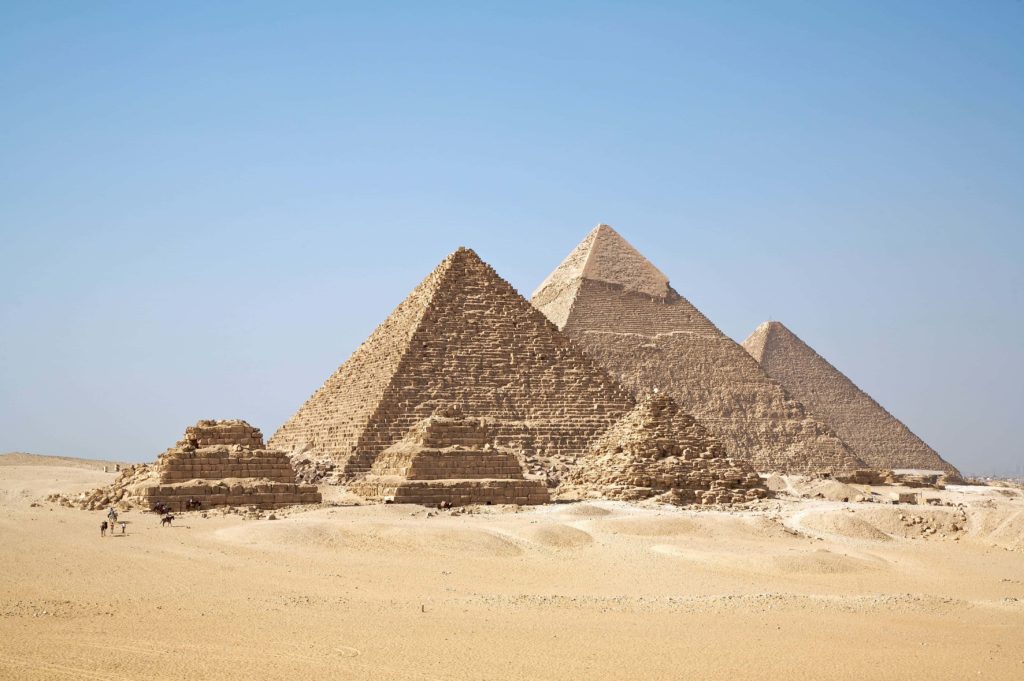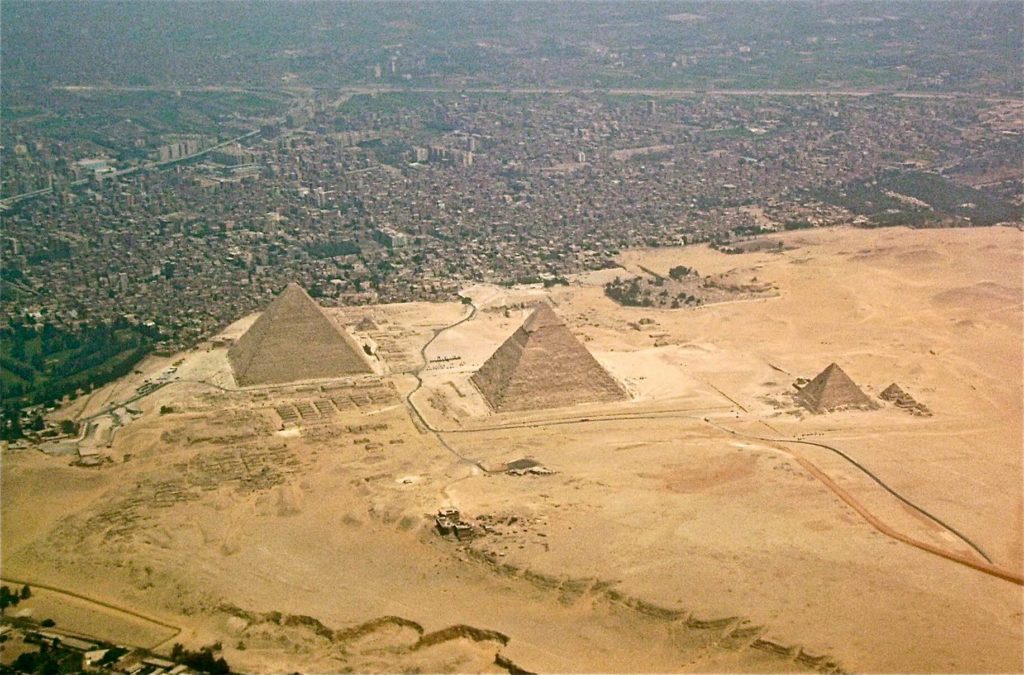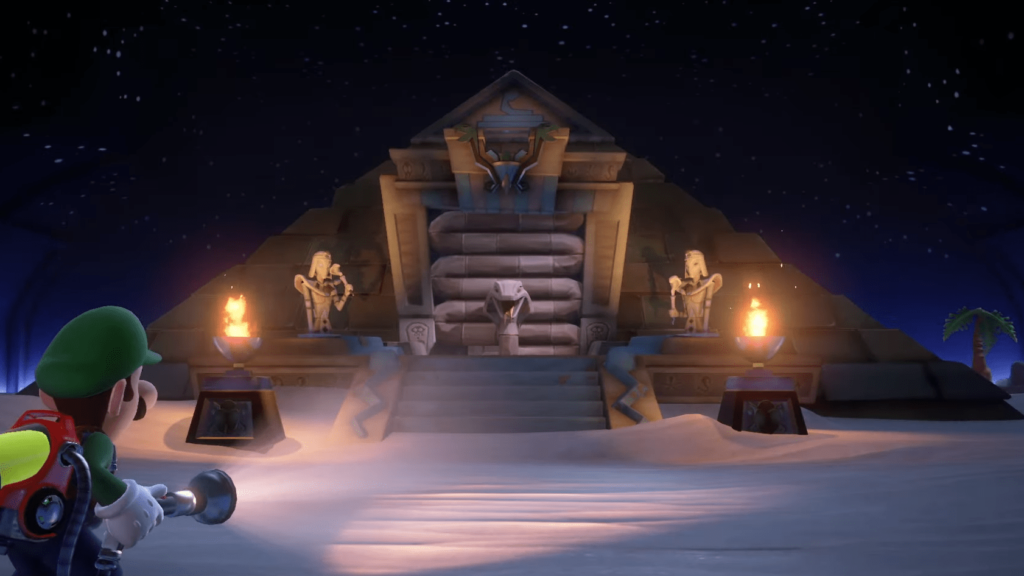


Spring 2020



When someone accepts a singular view of any person(s) or thing(s), it puts them at risk of missing complications and belittling the reality of the situation. This summarizes the TED Talk given by Chimamanda Ngozi Adichie, a talented Nigerian author, about the danger of a single story. During her speech, Adichie draws from several personal experiences to further her claim that singular facts are blinding. For example, Adichie mentions Fide’s family whose poverty made them seem incapable of crafting beautiful baskets and Adichie’s American college roommate that believed Africans to be a “backward” people dancing to “tribal music” that ought to be pitted. Despite the humiliation that single views have caused, Adichie ends her speech on a hopeful note by stating that, “…stories can also repair that broken dignity” (3). In other words, if more stories with diverse views of the same subject continue to be shared then people will be surprised by how much connects them and how little divides them. One of the most widespread single views is that the country of Egypt is a vast and unpopulated desert filled with ancient tombs, but this could not be further from the truth.

While the more than four thousand years old pyramids are a well-known marvel, some people never learn anything further about Egypt and popular culture rarely mentions that Egypt has not remained a static wasteland since the ancient construction of the pyramids. More often than not, the classical web result for “Egypt” or “Egyptian” are golden sand dunes with a remarkable ancient structure jutting out of the sand. For instance, the classical and iconic image displayed on the right of the three pyramids came from a Wikipedia article. However, what the observer of this beautiful picture might not realize is that the photographer purposefully chose the viewing angle of his camera to give the impression that the pyramids are situated in the middle of the desert.
Photo by Wikipedia (1)

In reality, the pyramids are enclosed in a giant sandbox as the rapidly expanding and modern capital of Egypt, called Cairo, engulfs the formerly barren land. As a matter of fact, the pyramids are so close to the city that Egyptians often joke that the pharaohs are a stone throws away from KFC! In order to show this, the photographer of the picture on the left simply changed the viewing angle. By popularizing only a single story or view of Egypt, many abroad never get to see the full story that Egypt is a modernizing country with ancient roots.
Photo by Wikipedia (1)
In essence, Adichie’s speech is a testimony to the distortion that a single popularized image of a place can bring. Since humans are “…impressionable and variable…in the face of a story, particularly as children,” it is important for a variety of views to be made available to the public to prevent the formation of misconceptions (3). Similar to how Egypt is not just a place of ancient wonders, other places, and people have more to their stories than what have been mainstreamed and it is important for their viewpoints to be shared.

Photo by Nintendo (2)
Video games, movies, and books often have an Egyptian inspired section where the characters explore an ancient pyramid in the middle of a sandy biome
Watch Chimamanda Ngozi Adichie’s TED talk (3)
Footnotes:
1.“Egyptian Pyramids.” Wikipedia. Wikimedia Foundation, January 15, 2020. https://en.wikipedia.org/wiki/Egyptian_pyramids.
2.Luigi’s Mansion 3. Version 1.2.1., Nintendo Switch, 2019. Floor 10.
3.Chimamanda Ngozi Adichie, The Danger of a Single Story, 07 October 2009: TED, Youtube. https://www.youtube.com/watch?v=D9Ihs241zeg.
Welcome to the blog space for Honors Social Science Inquiry. Check back here for student blogging as the semester goes on.
